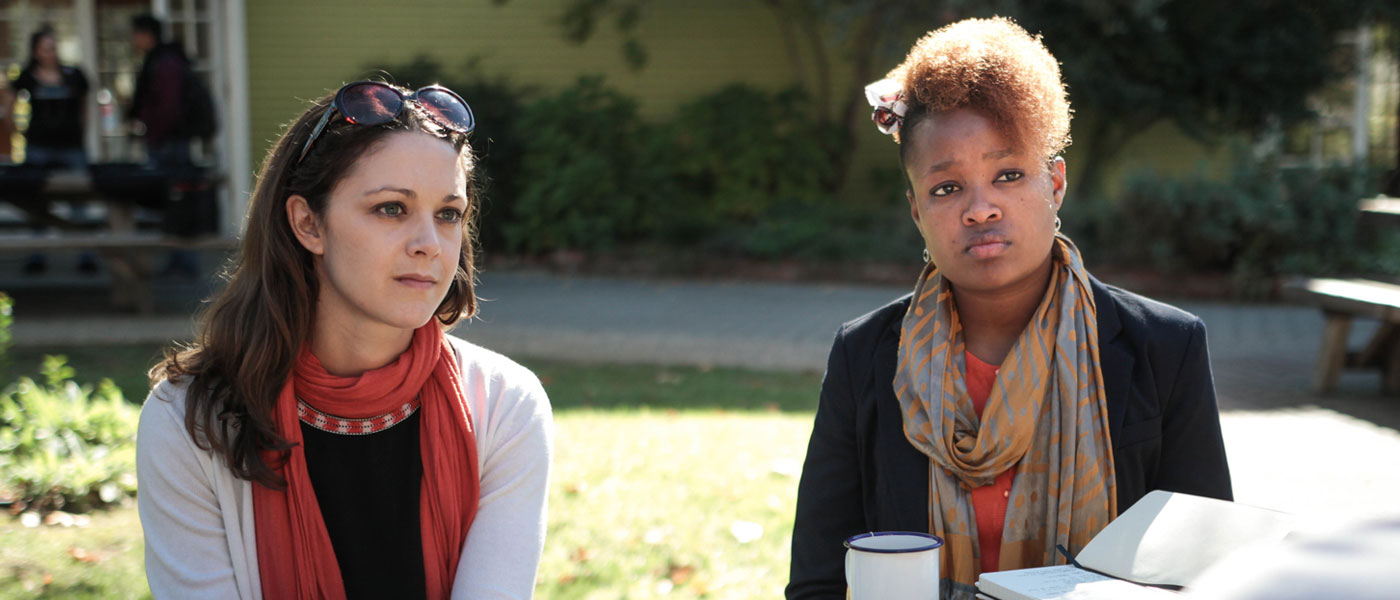To celebrate the work of our writers—a distinguished group of entrepreneurs, investors, mentors and thought leaders—we compiled a list of our favorite and most shared posts of 2015. We consider these articles highlights from the year and hope you enjoy reading them as much as we have enjoyed sharing them with you.
1. Hacking Human Suffering is the Only Real Growth Industry

Photo from Unsplash
Corey Kohn, the COO of DOJO4, discusses her belief that the most difficult issues facing humanity are the issues entrepreneurs must tackle—and actually the greatest opportunities of our time.
2. Economy At The Edge

Photo from Unsplash
Hunter Lovins, TIME Magazine Hero of the Planet, explains why the most resilient people in the economy have been excluded and disenfranchised—and why we need a new story of a reinvented economy that benefits everyone.
3. How Do I Tell Someone Their Job Has Outgrown Them?

Photo from Creative Commons
Chris Yeh, serial tech entrepreneur and investor, explains how even though it may feel like it, a company is not a family—important when it’s time to have hard conversations about an employee’s performance and future.
4. Strategy is About What You Don’t Do

Photo from Unsplash
Seth Levine, managing director at Foundry Group, shares what he believes to be the biggest fallacy early-stage companies run into and how to avoid it.
5. Could a Multi-Billion Dollar Solar Industry Boom in Emerging Markets?

Photo from Creative Commons
Jigar Shah, founder of the world’s largest solar services company SunEdison, outlines his solution to the endemic problem of power cuts in India, and how it has the potential to be a multi-billion dollar opportunity.
6. We Need a New Version of Capitalism for the Jobless Future

Photo from Unsplash
Entrepreneur, academic and writer Vivek Wadhwa explains how upcoming technology advances put not only low-skilled jobs at risk, but also jobs of knowledge workers. But, his solutions could prepare us for this new kind of economy.
7. Bridging Data Across Gender and Finance to Get Social Change

Photo from Creative Commons
Patty Alleman, Senior Regional Gender Advisor for USAID, and Joy Anderson, founding president of Criterion Institute, discuss what it will take to accelerate the field of gender-lens investing in Asia.
8. What is Design for Social Innovation?

Photo from Creative Commons
In this interview, Cheryl Heller, founding chair of MFA Design for Social Innovation, explores what it means to design for social change and gives her best definition of a burgeoning discipline that could save the world.
9. This Company is Like a River, Changing the Course of a Toxic Industry

Photo from Unsplash
This story is part of a series on the Unreasonable Institute 2015 fellows. Tonlé is an ethical, zero-waste fashion company based in Cambodia that is shaking up the environmentally wasteful garment industry from the inside.
10. Four Years and $3 Million Later this Company is Fueling Uganda

This video shows the story of Moses Sanga of Eco Fuel Africa, from his business concept to thriving company of over 30 employees and $3 million in revenue—all in four years after being an Unreasonable Institute fellow.
11. How to Unleash the Founder Magic

Photo from Unsplash
Mike Quinn, CEO of Zoona, brings a common startup fable to the forefront and offers five tips on how to embrace the “magic” that makes all great companies succeed in the first place.
12. Why We Must Focus on Women and Girls—It’s More Than Just a Trend

Eneza Team at Girl Effect Accelerator
Daniel Epstein, serial entrepreneur and founder of Unreasonable Group, shares why focusing on women and girls is essential to creating a world where no one is limited by their circumstances.
13. Ten Hard Conversations Entrepreneurs Need to Be Able To Have

Photo from Creative Commons
Teju Ravilochan, co-founder of the Unreasonable Institute, lays out frameworks, tips and best practices for entrepreneurs to use when facing difficult scenarios in their startups—from canceling a meeting to demoting a best friend.
14. What the Data Say About Women in Early Stage Entrepreneurship

Photo from Unsplash
Sean Peters, director of the entrepreneurship database program at Emory University, highlights the emerging data indicating mixed-gender entrepreneurial teams outperform their male-only counterparts.
15. How Embracing Their Misfits Can Give Corporations an Edge

Photo from Unsplash
Manoj Fenelon, intrapreneur at a Fortune 50 company and Aspen Institute First Mover Fellow, shares how large corporations can leverage their own intrapreneur misfits and embrace radical collaboration to help solve complex problems.



